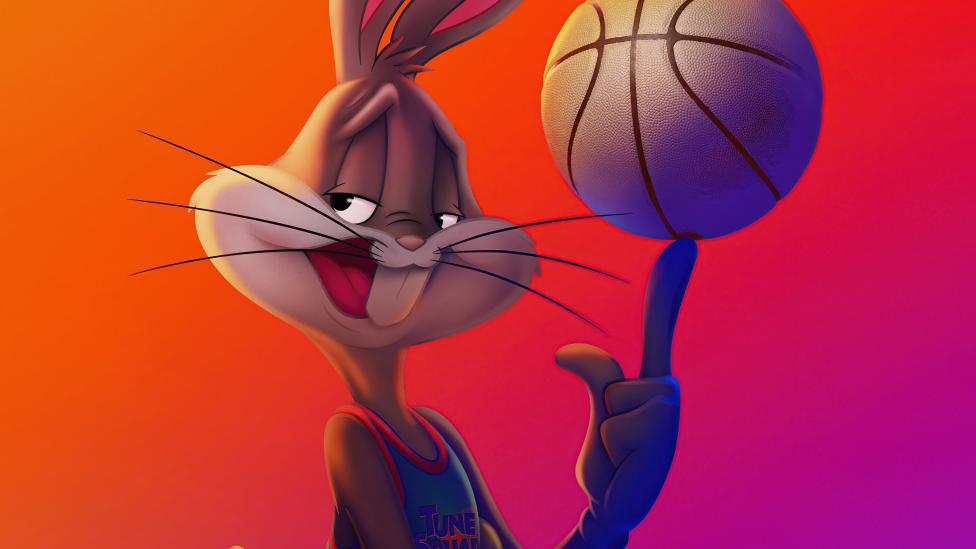In the lively village of Namasuba PWD Zone, I was just a ghetto boy with an unyielding passion for football. I may not have been among the most naturally gifted players in our local football club, but I certainly stood out as the youngest. However, that didn’t deter me from giving my absolute best on the field. Football held a special place in Namasuba PWD Zone, largely due to the legacy of UTV’s Julius Luwandaga, a man recognized and respected in the very village he called home. His son, Kaye, organized our tournaments, and this added a bit of pressure to what was meant to be pure fun and enjoyment.
I vividly recall one tournament where I earned the accolade of the youngest player, not because of my dazzling football skills, but solely because of my age. I was a goal keeper.
It was during those spirited matches that a nickname was born: Bugz Bunny. Perhaps it was my noticeably prominent front teeth, reminiscent of a signpost reading “Mind the Gap,” that prompted the comparison between me and the Disney character. Soon enough, everyone on the team embraced the nickname, and it stuck with me, evolving as I did.

Namasuba PWD Zone might have been a small village, but it overflowed with camaraderie. My teammates weren’t just fellow players; they were my friends. And as true friends often do, we had an assortment of unique nicknames for each other. There was Brian, affectionately known as Bula Ffene, owing to his family’s bountiful jackfruit farm and his unmatched climbing skills. His brother, not exactly known for his prowess with the ladies, earned the endearing moniker Takwana.
Recognizing that Bugz Bunny was a bit of a mouthful, they shortened it to Bunny, a name I warmly embraced alongside the other nicknames I had accumulated over time, such as Chodo (a nickname bestowed upon me by my uncles, the origins of which remain a mystery. I speculate that it stemmed from my original name, Richard, which was occasionally shortened to “chad,” and somehow morphed into “chodo”).
At one point, I was even called Bogoya (Banana in Luganda), a nod to my slightly more tan complexion compared to my classmates at Kitebi Primary School. Yet, Bunny possessed a unique charm that outshone all the others. Much like Bugz Bunny, the Warner Brothers Cartoon character, evolved over time, so did my name and, undoubtedly, myself.

Many years later, as I ventured into the world of rap, inspired by luminaries like Babaluku of Bataka Squad and GNL Zamba, I realized the importance of having a cool rap name. It was then that I decided to resurrect Bunny, but with a twist and a “more original” spelling: B u r n e y. As I immersed myself in studying and practicing Hip Hop during my formative years, I discovered the significance of adding “MC” to my name to stand out among other rappers. Thus, I became Burney MC for a considerable stretch of time.
Even today, many of my old friends, including former Lugaflow Army members, still refer to me as Burney MC. Burney MC served me well over the years, but I began to realize its limitations. I had evolved from being just a hobbyist rapper to understanding the power of my voice, creative abilities, and talent in rapping in Luganda. Just as Bugz Bunny, the character, evolved, so did my name and my personal growth.
The Lugaflow movement, encompassing the Luganda hip-hop I immersed myself in, revolves around embracing authenticity, celebrating indigenous roots, and, to some extent, veering away from English rap. However, it’s worth noting that this argument doesn’t hold water, as some the self-proclaimed founders of Lugaflow have popular songs in English as well.
As I honed my Lugaflow skills and delved deeper into Hip Hop culture, I came to realize that Burney MC no longer fully represented my journey. I hail from the Buganda kingdom in Uganda, and my primary language is Luganda. I am a proud Muganda, and I yearned for a name that truly reflected that heritage. I wanted to infuse my name with Luganda authenticity.
To simplify matters, Burney transformed into Bana, while MC became Mutibwa. The name Mutibwa stems from the Luganda word “Kitibwa,” which means “Respect.” Thus, Mutibwa can aptly be translated as “The Respected.”
To comprehend how MC became associated with respect, we must consider the insights of Hip Hop scholars and commentators. According to the street knowledgeable Defiance Jones on Quora, an MC or Emcee stands for “Master of Ceremonies.” While rappers may simply perform on stage, an emcee is intricately involved in the entire event, not just their own performance. They may act as hosts, introducing the show and other artists, and keeping the audience engaged between acts. Not all rappers can claim the title of emcee; many fail to realize the distinction.
I am Bana Mutibwa, the Lugaflow Revolutionary Human Rights Activist. I am Obama Leader.
Welcome!